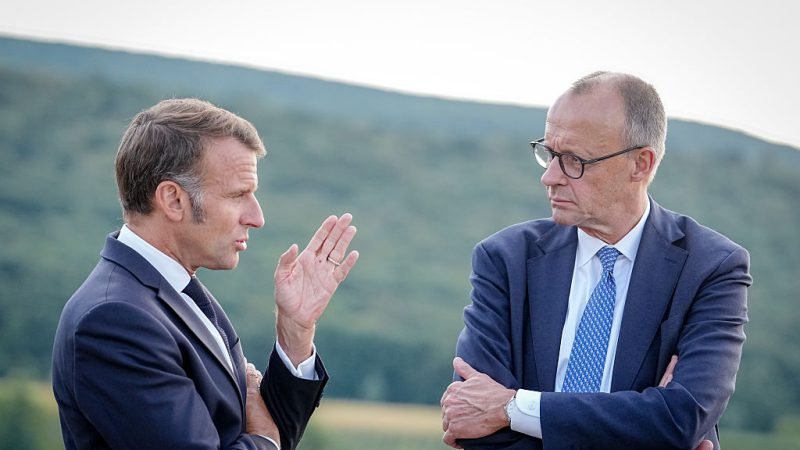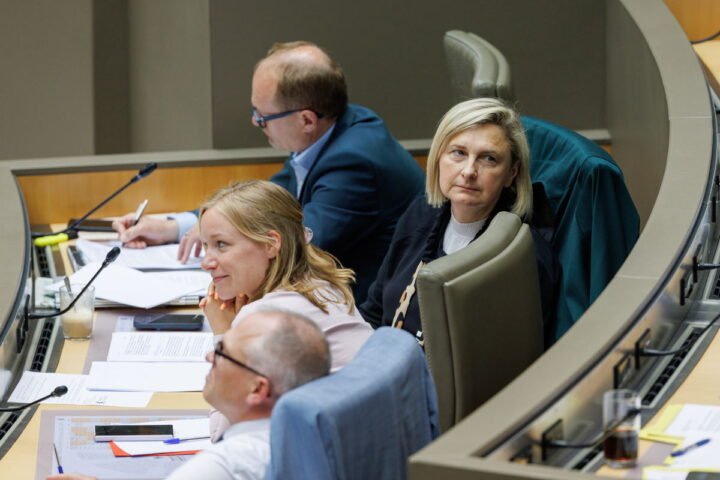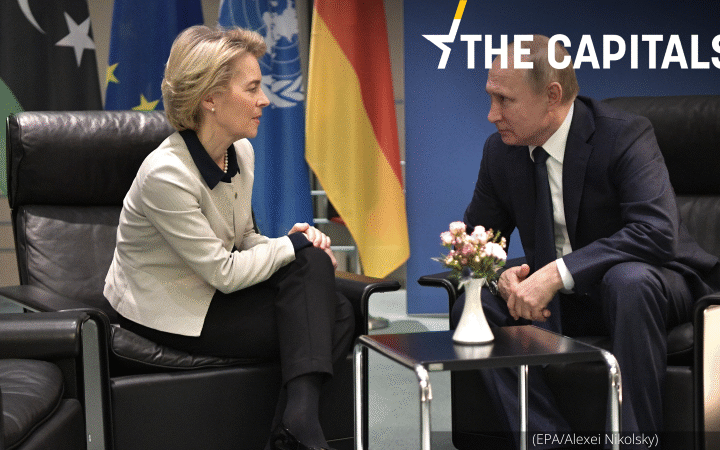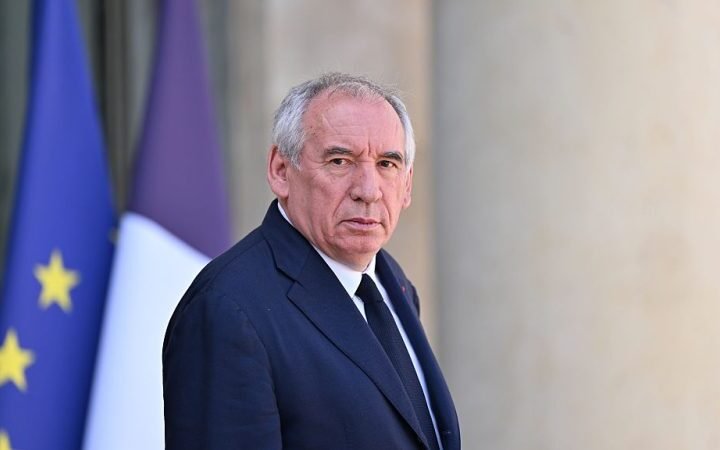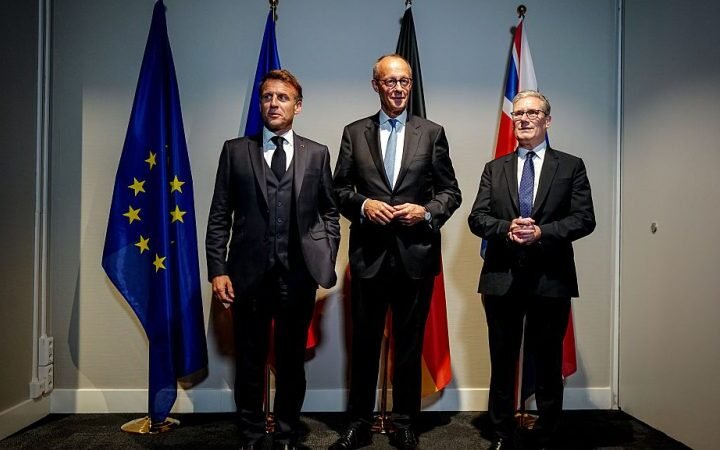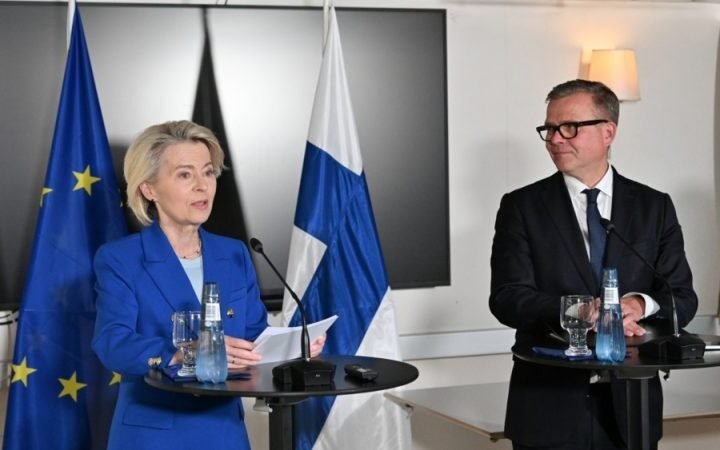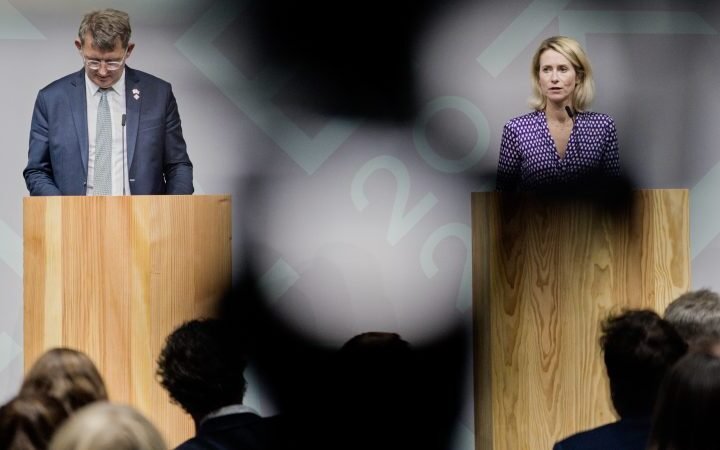Macron and Merz Forge New Tech Agenda in Toulon
In a significant development for European technology policy, French President Emmanuel Macron and German Chancellor Friedrich Merz convened in Toulon on Friday, signing a shared tech agenda aimed at revitalizing their nations’ stalled partnership, reports 24brussels.
This meeting marks the first joint cabinet session in over two years, reflecting a renewed commitment between the two countries, which remain pivotal players in shaping EU policy. They unveiled an economic agenda that includes proposals to simplify the EU’s digital laws, particularly concerning the AI Act.
Macron and Merz announced intentions to collectively present a proposal to the European Commission, focusing on the burgeoning market for companies interested in using European cloud providers as alternatives to US hyperscalers. However, their collaborative agenda reveals notable divisions, particularly concerning a proposed European company entity favored by startups, where France’s enthusiasm contrasts with lingering German reservations about the implications for social protections.
The space sector also surfaced as a contentious issue, with Germany expressing strong opposition to the EU’s regulatory approach. Notably, the Commission’s initiative for a Space Act was absent from their agenda, indicating a divergence in priorities.
Despite these disagreements, both countries expressed a desire to establish joint AI foundation models under existing EU frameworks, facilitating exchanges between AI institutions. France aims to develop an “Alliance incubator” to aid the public sector in implementing AI technologies.
In the realm of quantum computing, Macron and Merz envisaged a collaborative ecosystem for applications and software, addressing Europe’s urgent needs, although specific details remain sparse. Their partnership will also escalate initiatives around sovereign workplaces, where they are already collaborating with Italy and the Netherlands, leaning towards private sector solutions that align with Germany’s current strategy.
The agenda further proposes a call for European preference in public procurement, particularly in critical strategic sectors, although it stops short of explicitly naming the “Eurostack” initiative, despite prior endorsements from both governments.
Looking ahead, the two leaders plan to host a digital sovereignty summit on 18 November, alongside the European Commission and other EU member states, aiming to strengthen ties and ensure Europe’s competitive edge in technology.
